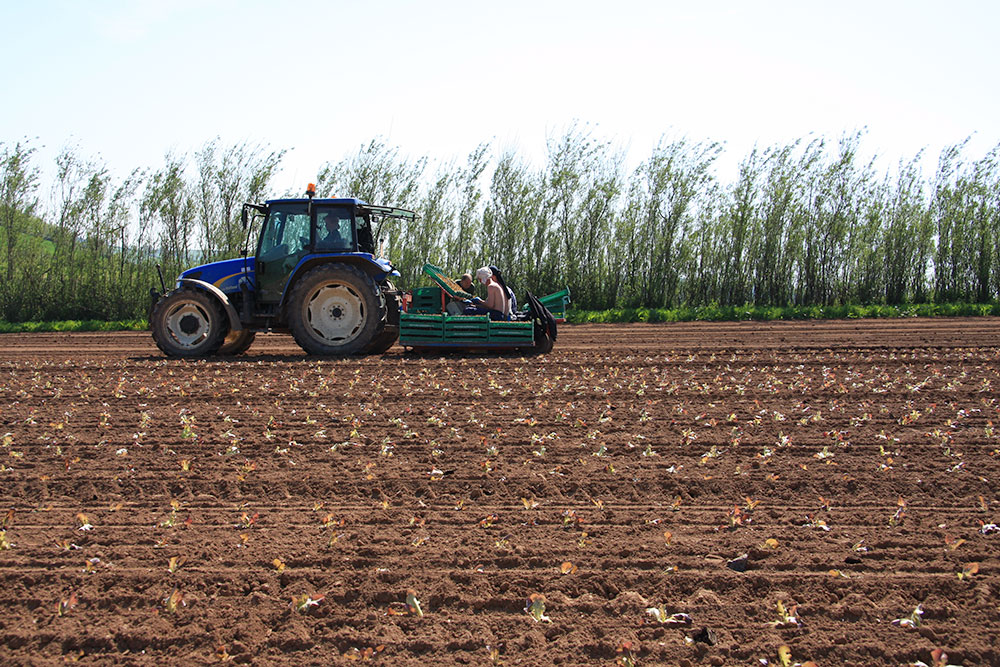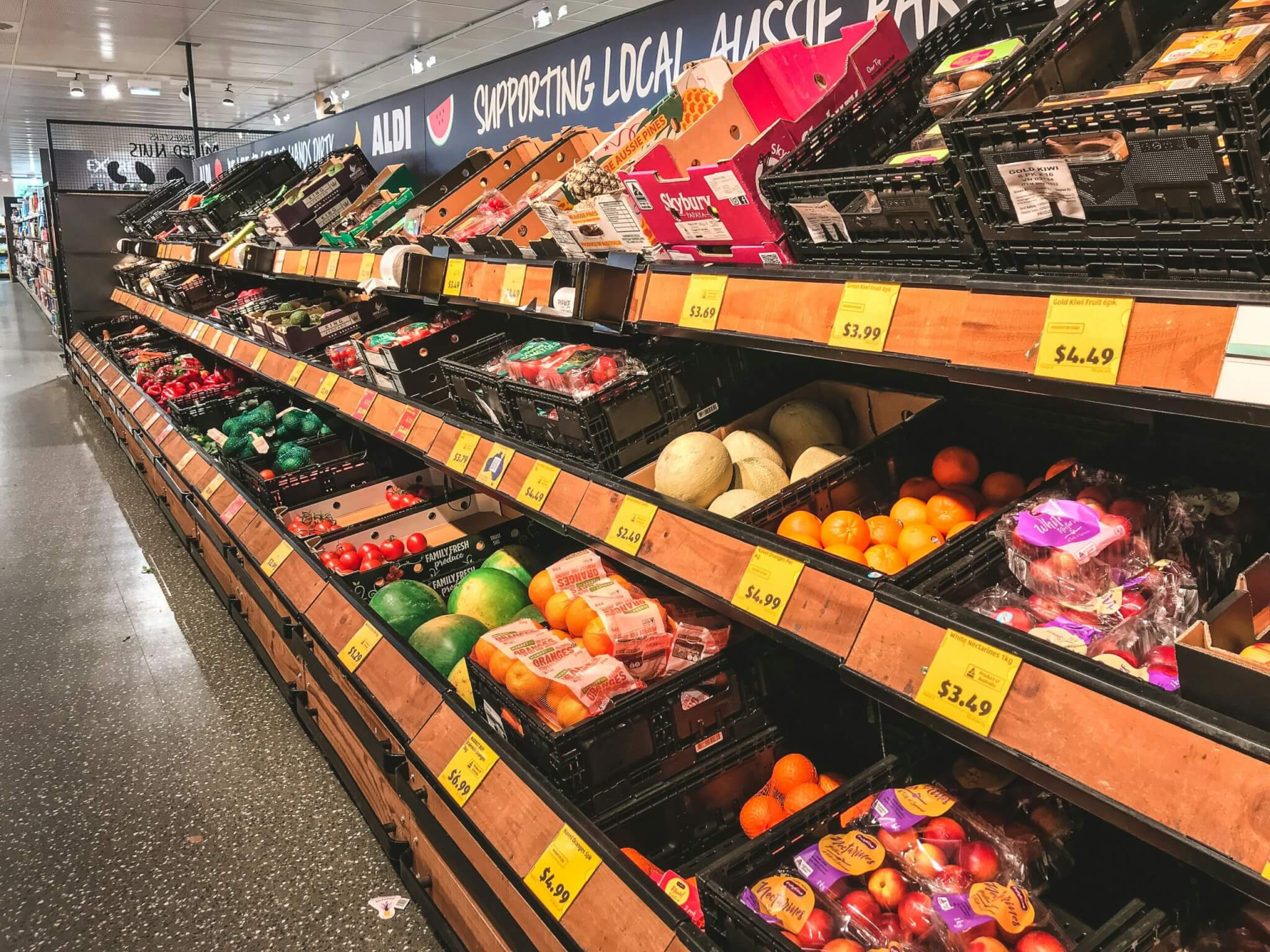We rent some land on the edge of Dartmoor where the lower temperatures limit disease and the resulting slower growth improves the flavour of our swede crop. Despite looking after the soil well, this winter we have twice suffered substantial run-off and soil loss. Quite rightly we, along with neighbouring farmers, had a visit from the Environment Agency last week to discuss our plans to avoid this in the future; the catchment is important for migratory sea trout and salmon whose spawning success is reduced by silting, plus its settlement downstream increases flood risk.
We agreed on some measures including deep ripping of compacted tractor wheelings in the autumn to aid percolation, but the uncomfortable truth is that, given increasingly unpredictable rainfall patterns, any exposure of bare soil to grow annual crops brings a risk of soil loss. In contrast, perennial crops or established grassland bind and protect the soil, reduce run-off and flooding, sequester carbon from the atmosphere and increase biodiversity.
Our How Much Meat debate has produced as many questions as answers but one thing is clear; if we are to rear ruminant livestock they must eat the diet they evolved to eat, ie. grass, ideally grown on land unsuitable for crops for humans. Last week I was part of a Moral Maze-style panel in Westminster organised by Square Meal, a group of environmental organisations including the RSPB, National Trust and Friends of the Earth. The aim was to nudge policymakers toward saner food and farming policies. Our field of swede, destined for your veg boxes, is surrounded by hundreds of acres of maize stubble grown to feed a large, high yielding dairy herd. This is common practice and while the resulting silage crop enables some dairy farmers to produce milk a few pennies cheaper than grass-fed herds, given the environmental risk it imposes (maize is widely regarded as the most soil-damaging of crops), all they are doing is externalising costs and pushing them onto the tax payer. How we farm and feed ourselves is too important and complex to be left to the free market.












0 Comments